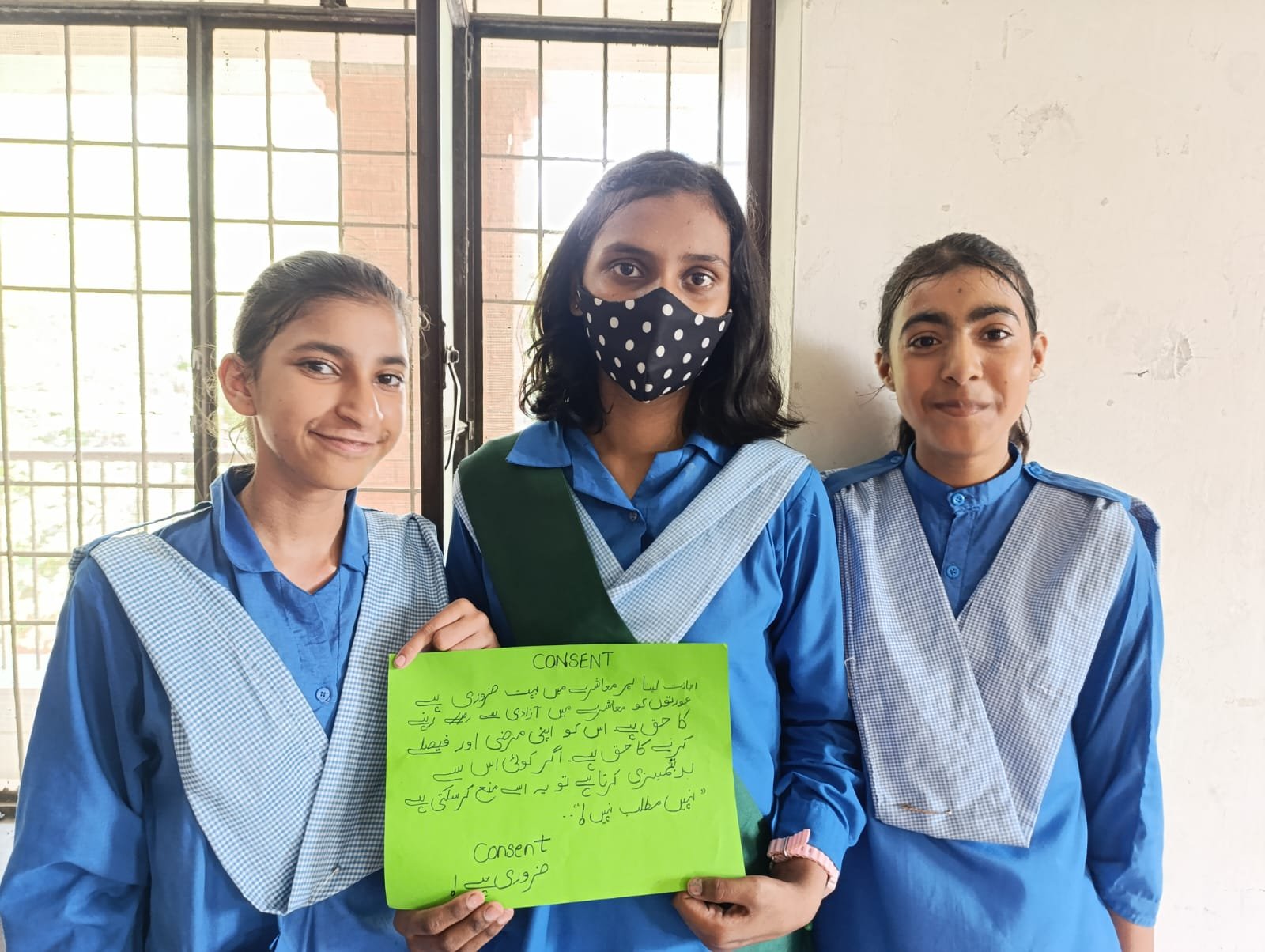(Dr. Sadia Khalid)
Digital harassment of teen girls in Pakistan has become a major social, cultural, and legal issue, greatly affecting teenage girls’ ability to engage online and impacting their overall well-being. Many young girls experience serious emotional effects from online harassment, including anxiety, stress, depression, self-blame, fear, guilt, embarrassment, regret, and trouble sleeping. Cultural norms, a lack of education about consent, and limited awareness of digital threats make it hard for teen girls to report harassment and seek justice. Additionally, legal shortcomings further complicate their situation.
The United Nations Educational, Scientific, and Cultural Organization (UNESCO) reported in 2020 that 73% of women worldwide experience some form of online violence. This type of abuse is deeply rooted in cultural norms, religious systems, and policies that promote gender inequality.
Cyber harassment happens when someone uses social media platforms to harm or threaten another person. Unlike traditional bullying, which occurs face-to-face, cyberbullying can take place anytime and anywhere. This means victims can’t easily escape the abuse, as it affects their online and offline lives. The anonymity of the internet often makes bullies more aggressive. Also, online messages can stay forever, increasing the emotional pain for victims. This constant exposure makes cyberbullying more harmful than traditional bullying (UNICEF, 2024).
Teens in urban Pakistan have become very aware of social media platforms and the internet over the past twenty years. A report from We Are Social and Hootsuite (2020) showed that our country had 76.38 million internet users and 37 million active social media users. Unfortunately, this increase in digital spaces has also led to more cases of cyber harassment, many of which are not reported.
The Digital Rights Foundation (DRF) states that 40% of female internet users in Pakistan have faced harassment on social media platforms like Facebook and WhatsApp. Unfortunately, 72% of these women do not know about the laws against cyber harassment in the country. This lack of knowledge, along with family pressures, makes teenage girls especially vulnerable to cyber harassment.
Teenagers are engaging in harmful behaviors, such as sending hurtful messages, harassing others through texts and emails, and sharing private photos online. This behavior can cause significant psychological problems for teens, including depression, anxiety, and feelings of isolation, especially when they lack coping strategies.
A recent study by Microsoft showed that our country ranks 22nd out of 25 for online bullying, with six out of ten children having only a limited understanding of what cyber harassment is. A significant 64% of children aged 8 to 17 report being bullied, both online and offline.
“I was just playing my favorite online game when a random person started messaging me,” says Ayesha Ali (sixth grade student) in an anxious tone. “At first, it felt exciting—like someone wanted to talk to me. But then the messages turned mean. He called me names, said girls shouldn’t play games, and threatened to hack my account. I didn’t even know people could be so cruel over a game. Now I’m scared to play online.”
“My friends and I were just chatting when a stranger sent me disgusting photos,” Momina says, her voice shaking. “I’m only 15 – I didn’t even understand at first.” She wipes angry tears away. “Why should I have to delete my accounts when he’s the one who did wrong?”
A Police officer from Punjab, Ammarah Ather, says many girls don’t report cyber harassment because they’re scared of their families. They don’t trust the system and investigating officers because they lack skills and training. She believes police need better training to handle these cases kindly, and every police station must have a safe space to handle all such cases with care.
Lawyer Umaira explains that Pakistan’s laws against harassment exist, but don’t work well for cyber harassment. She says girls need to know their rights, and laws must be updated to punish cyber harassers properly. Both agree – victims need support, and abusers must face consequences.
Sannum, a women’s rights activist and founder of a grassroots organization in Sindh that empowers young girls, emphasizes the importance of consent education in fighting cyber harassment. “We hold workshops to teach girls about online safety, consent, and rights. Knowledge is power, and when girls understand their digital lives, they can better protect themselves,” she says.
Sannum also pointed out that families must openly discuss all sensitive matters with their children. They must guide about online threats and parental monitoring. This creates a supportive environment for girls who might feel alone when facing online threats.”
It is important to take immediate action on multiple levels to protect our teen girls from all types of cyber harassment. Police departments must receive specialized training to handle cybercrimes with the sensitivity these cases demand, while lawmakers should strengthen the PECA Act to make all types of cyber harassment and bullying a criminal offence.
At the same time, schools need widespread awareness campaigns that teach teens and parents about online safety, consent, and available support systems. Most importantly, we must continue empowering girls through local workshops and resources that help them understand their rights while building confidence to use digital spaces safely. Only through this combined effort—better law enforcement, updated laws, public education, and women’s empowerment- can we ensure that all girls safely access digital space.





